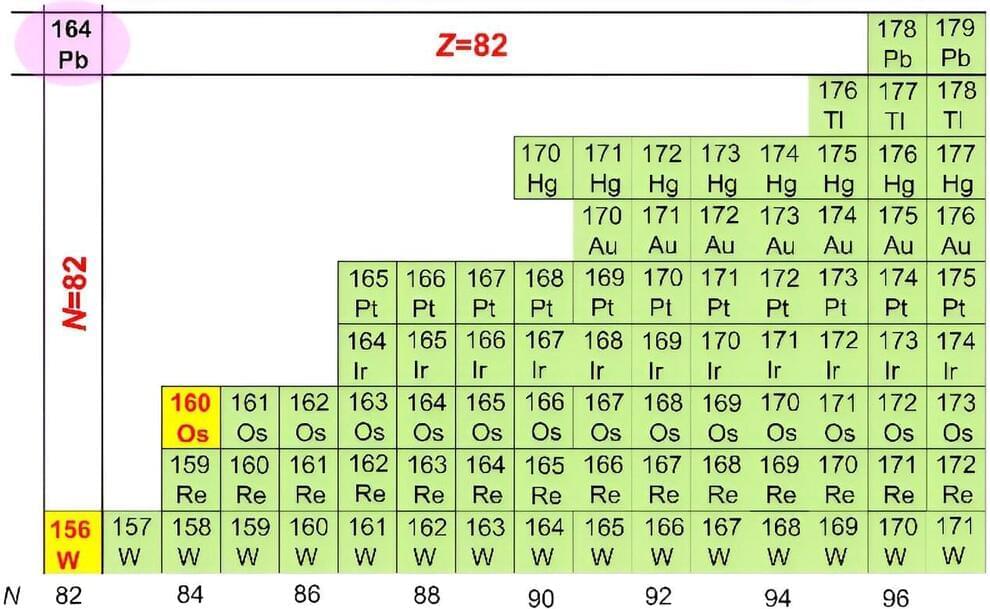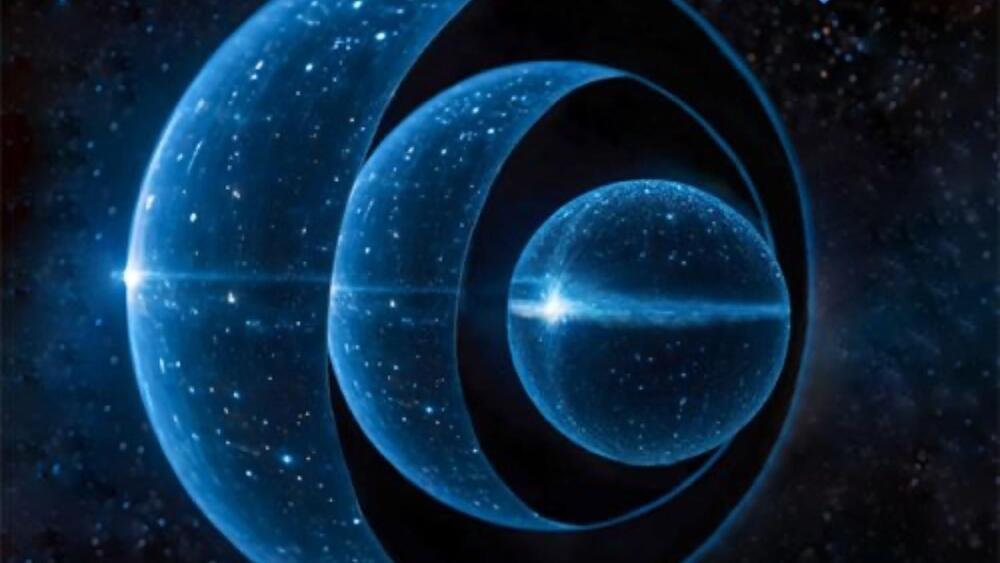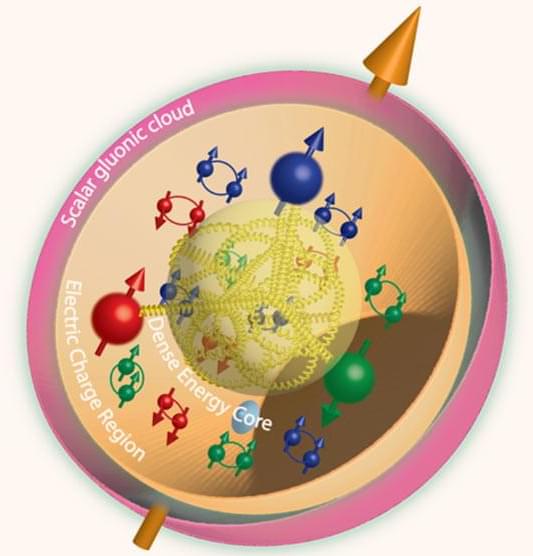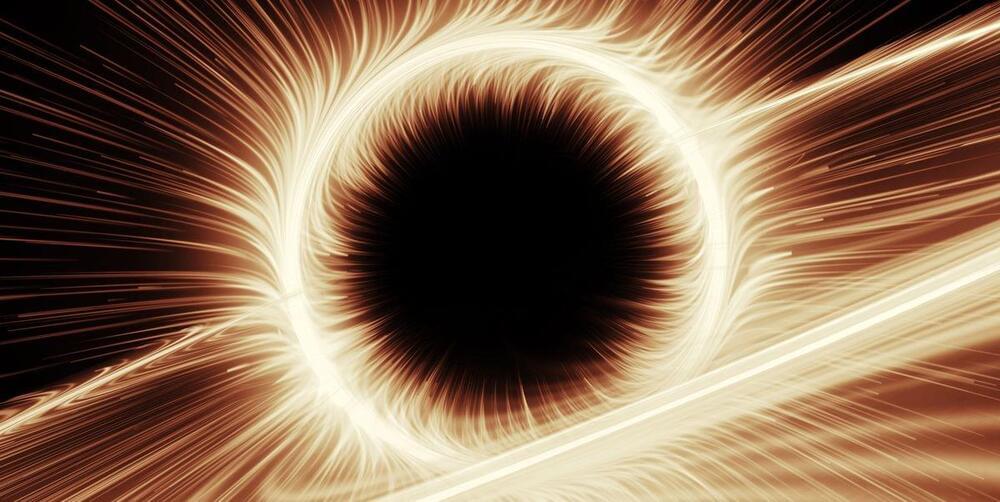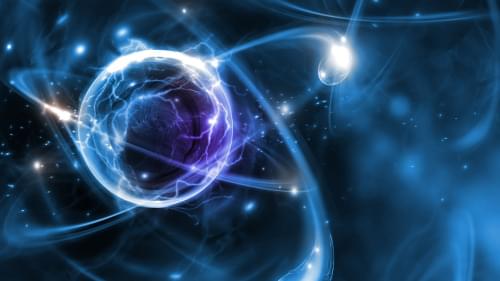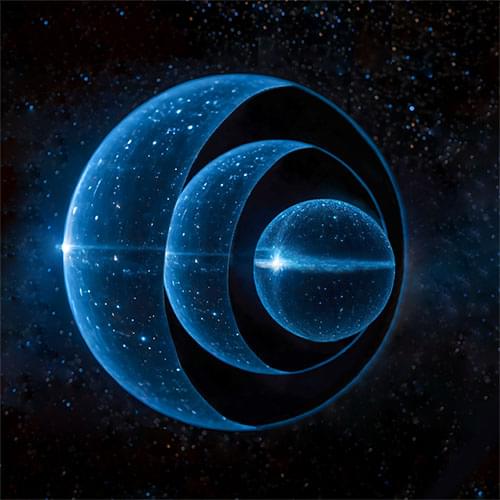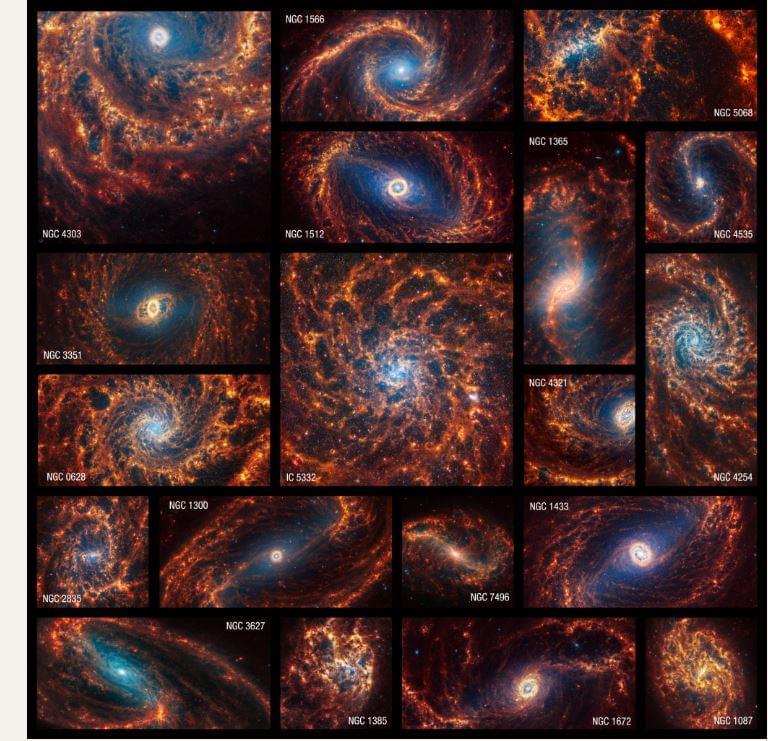Researchers at the Institute of Modern Physics (IMP) of the Chinese Academy of Sciences (CAS) and their collaborators have synthesized two new isotopes—osmium-160 and tungsten-156—which sheds new light on nuclear structures and hints that lead-164 could be a doubly magic nucleus with increased stability.
The study was published in Physical Review Letters and highlighted as an Editors’ Suggestion.
“Magic numbers” of protons and neutrons can make an atomic nucleus particularly stable. The traditional magic numbers include 8, 20, 28, 50, 82 and 126. In previous studies, researchers discovered the vanishing of traditional magic numbers and the emergence of new magic numbers on the neutron-rich side of the chart of nuclides.
